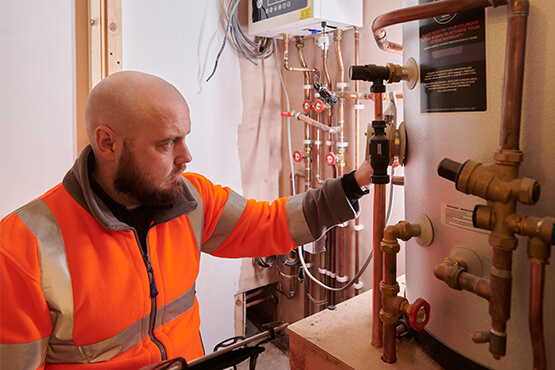Status and Substitution
In Stuart Delivery Ltd v Augustine, the Court of Appeal was asked to consider the principles governing when the ability to appoint a substitute negated the obligation to personally perform work.
In Stuart Delivery Ltd v Augustine, the Court of Appeal was asked to consider the principles governing when the ability to appoint a substitute negated the obligation to personally perform work. Once the Claimant had signed up for a delivery time slot, if he decided that he no longer wished to work that slot, he could release it and any other courier who had a contract with the Respondent and who had signed up to the Respondent’s app could agree to take up the slot. Any courier taking up the slot would not be known to the Claimant, and the Claimant was unable to put forwards anyone specific to pick up the slot. The Respondent sought to argue that the right to substitute meant that the Claimant was not obliged to perform personally any work or services, and as a result, was not a worker within the meaning of section 230(3)(b) of the Employment Rights Act 1996.
Rather unsurprisingly (given the decision of the Court of Appeal and Supreme Court in Pimlico Plumbers v Smith), the Court of Appeal disagreed with the Respondent. The factual situation in Pimlico Plumbers was broadly analogous in that the substitute had to come from the ranks of Pimlico operatives. The limited right here to release the slot in the hope that another courier would pick it up was not a sufficient right of substitution which removed the Claimant from the obligation to perform his work personally for the Respondent.
The Court of Appeal stressed that its judgment was not to say that there was necessarily a “rule” that a right or ability to appoint a substitute from a pool of operatives would always be inconsistent with an obligation of personal service – however, such a conclusion reached by an employment tribunal is one which has been accepted as being a reasonable conclusion.
The Court of Appeal also stressed that it was not necessary for a tribunal to attempt to “fit” particular cases into one of the five categories (or principles) included by the Court of Appeal in Pimlico Plumbers – such an exercise was artificial. Instead, the focus should simply be on whether there is any fetter on the right to substitute and, if so, whether the nature and degree of that fetter is inconsistent with an obligation of personal performance.
Contact

Mark Hickson
Head of Business Development
onlineteaminbox@brownejacobson.com
+44 (0)370 270 6000







































